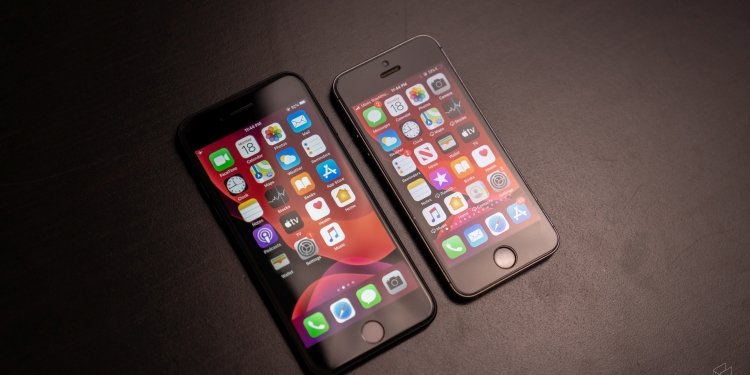We’ve all heard the myth that you shouldn’t charge your smartphone by your bedside—and yes, you shouldn’t charge your phone under the covers, but charging on a bedside table should be fine. However, evidence now suggests that electromagnetic radiation emitted by smartphones may have a detrimental effect on the insect world as well.
A recent study was carried out by the Nature and Biodiversity Conservation Union (NABU) in Germany details the negative effect that radiation may have on insects: primarily, bees, flies, and wasps. Electromagnetic radiation emitted by mobile phones and WiFi networks, specifically, affect these insects by causing certain insect cells to absorb more calcium ions—which then impact the immune system and circadian rhythms of affected insects.
Radiation in general has “probably” contributed to a decline in numbers for the insect population in Europe over the past few years or so, the study states. Among other things, radiation can affect insects’ biological navigational tools, with genetic material and insect larvae affected by the electromagnetic fields.

It’s worth noting that the study has yet to be subject to peer review, for now. This doesn’t mean that the study is false—only that the findings have yet to be properly validated by scholarly peers working in the similar academic fields.
Regardless, we’ll probably be seeing a 5G-ready world in the future, which may not bode well for insects. It isn’t clear if the insect world would be affected by the faster speeds that 5G networks will offer, although environmental activists have reportedly argued against 5G.
What we do know is that the rapid decline of the insect population might be correlated to the growing use of mobile technology all around the world—and further monitoring is required. According to Johannes Enssle, head of NABU in the state of Baden-Wuerttemberg:
“The study shows that we must keep our eyes open in all directions when analysing the causes of the dramatic insect decline.
“The subject is uncomfortable for many of us because it interferes with our daily habits and there are powerful economic interests behind mobile communication technology.”
[ VIA ]








